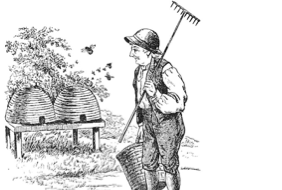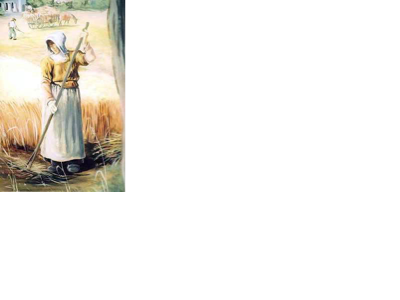Sign up for FlowVella
Sign up with FacebookAlready have an account? Sign in now
By registering you are agreeing to our
Terms of Service
Loading Flow



A Family Economy describes a family economic unit.
-The early stages of its development are characterized by family based production, with production and distribution organized my family custom and tradition.
-Since economic and social status was defined by birth, family ties, and local custom, the family played a pivotal societal role.
-The family economic unit is incredibly dependent and relies heavily on specialized labor, and physical strength, typically from a male, and it serves as the most essential part of its survival.
-The family unit was multi-generational, as the older generations provided the capital(land) while the younger generations provided the labor.
-Goods were produced not only for personal consumption but also for the purpose of selling and trading.
-Family production was not limited solely to agricultural production, as services and manufactured goods were also provided.
-Goods were produced for home consumption but also for the purpose of selling and trading in the market.
-The industrial revolution, which lasted from the 19th to 20th century, is regarded as the force that ended the traditional family economy and transformed it into the "modern family" that we know today.

